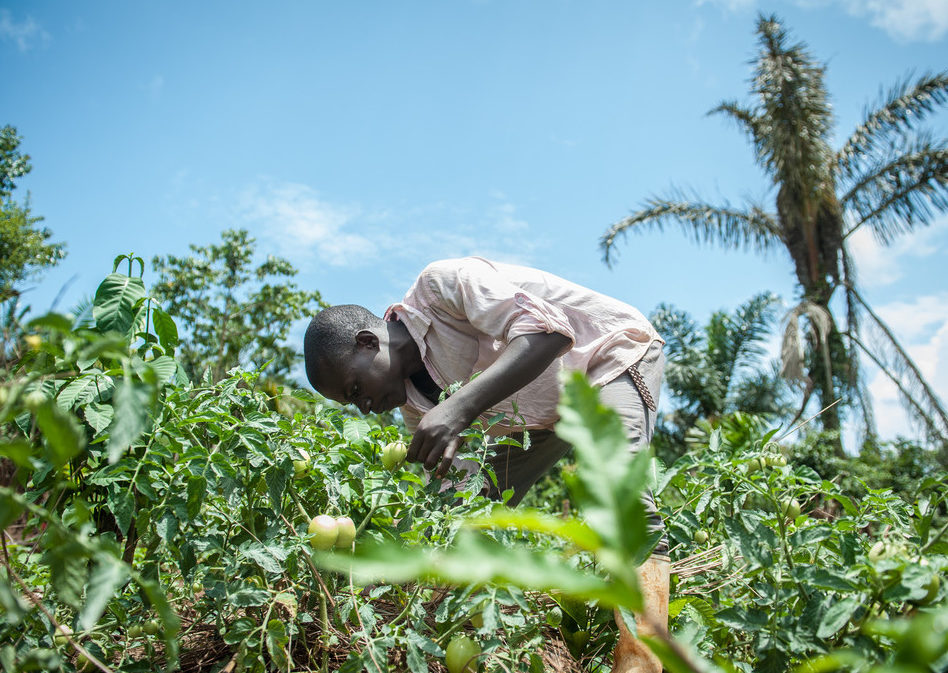Over 100 agribusiness enterprises are set to benefit from the Agribusiness Development Centre (ADC) business accelerator program.
The population growth rate has consistently remained higher than the jobs creation rate necessary to absorb new entrants to the labour market, resulting in unemployment and underemployment. The few jobs created sideline youth and due to severe skills, many youths are engaged in low value services like vending with only a handful able to secure high value ones in agro processing.
ADC powered by dfcu limited and Rabo foundation has partnered with GOPA Worldwide consultants to implement Cohort two and three of the Business Accelerator Program (BAP) in line with the Enhancing the Competitiveness of Small and Medium Enterprises (ECOS) project, which is funded by the Deutsche Gesellschaft fur Internationale Zusammenarbeit (GIZ) GmbH.
The collaboration is aimed at increasing over 100 Agribusiness Competitiveness with the overarching goal of triggering necessary linkages for its growth and resultant creation and improvement of jobs.
ADC’s mandate of capacity building of agribusinesses to bankability and self-sufficiency for enhanced incomes and job creation is well aligned to the ECOS project’s goal, and dfcu vision to transform lives and businesses through innovative solutions and empowering people which contribute to the four key pillars and objectives of National Financial Inclusion Strategy (NFIS), one of which is: “Reduce Financial Exclusion and Access Barriers to Finance.”
Agriculture is one of the key sectors Dfcu has made commitments to support and has put in place strategies to de-risk agriculture. The bank has intentionally created different Agri-products like Agri-Asset Financing, Agri Production Loans, Business Loans, Farmer Group Accounts, Save for Loan Accounts, Enterprise accounts and made them attractive and more affordable to the Small and Medium Enterprises, women entrepreneurs and Investment Clubs.”
“Since its inception, dfcu has made continuous commitments to support a wide base of customers that include; SMEs, women entrepreneurs, Investment Clubs. Our partnership with ADC is part of a joint mission to grow, build and promote the prospect of a sustainable future,” William Sekabembe, Ag CEO noted.
ADC will approach the cohort two and three by using a multidimensional approach focused on a combination of Training, Mentoring, Coaching and Technical Assistance. The methods shall be utilized jointly to address the main constraints to accessing and using financial services for improved business operations, investment readiness and linkages to funding for growth and job creation.
“We shall integrate key themes of gender and green growth for sustainability within the training modules, the outcome of which being enterprises developing strategies on the same as well as establishing key indicators to track women participation in SME leadership,” Josephine Mukumbya, Executive Director ADC said.
By the end of 2023, fifty jobs will be created by the enterprises graduated from the program, 100 intern jobs created contractually within the enterprises and 10% increase in incomes of trained and linked Agribusinesses.








